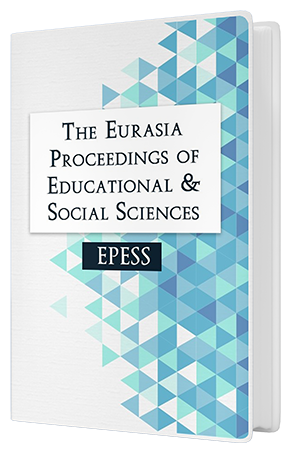INSIGHTS IN THE IMPLEMENTATION OF A NEW SUBJECT IN STATISTICS EDUCATION
Keywords:
Statistics education, secondary school, attitudes and challengesAbstract
This study investigated the implementation of a new subject or syllabus called Statistics 4040 in Years 9 and 10, in one of the secondary schools in Brunei Darussalam. We examined firstly, the students’ attitude towards Statistics 4040 and secondly, their challenges and limitations in learning the new subject. A survey on Students’ Attitudes Toward Statistics (SATS with 36 items) was distributed to a sample of 42 students. Focus group interviews were also conducted to extract students’ opinions regarding Statistics 4040. The results of this study indicated that students found the new subject, Statistics 4040, a rather complicated subject. However, the survey findings also showed that students were optimistic and determined to put a lot of effort into learning this subject. Moreover, students expressed that enrolling in this subject will make them more employable. The limitations faced by the students were mainly due to lack of relevant resources, which posed challenges in relation to their learning. The small case study provided valuable insights about the students’ attitudes toward Statistics 4040 and how this can be used as a guide in preparing teachers’ teaching plans to suit their students’ needs. In addition, the positive results obtained in this study may encourage other schools to introduce Statistics 4040 in their school syllabus.Downloads
Published
Issue
Section
License
Copyright (c) 2016 The Eurasia Proceedings of Educational and Social Sciences

This work is licensed under a Creative Commons Attribution-NonCommercial-ShareAlike 4.0 International License.
The articles may be used for research, teaching, and private study purposes. Any substantial or systematic reproduction, redistribution, reselling, loan, sub-licensing, systematic supply, or distribution in any form to anyone is expressly forbidden. Authors alone are responsible for the contents of their articles. The journal owns the copyright of the articles. The publisher shall not be liable for any loss, actions, claims, proceedings, demand, or costs or damages whatsoever or howsoever caused arising directly or indirectly in connection with or arising out of the use of the research material. All authors are requested to disclose any actual or potential conflict of interest including any financial, personal or other relationships with other people or organizations regarding the submitted work.




